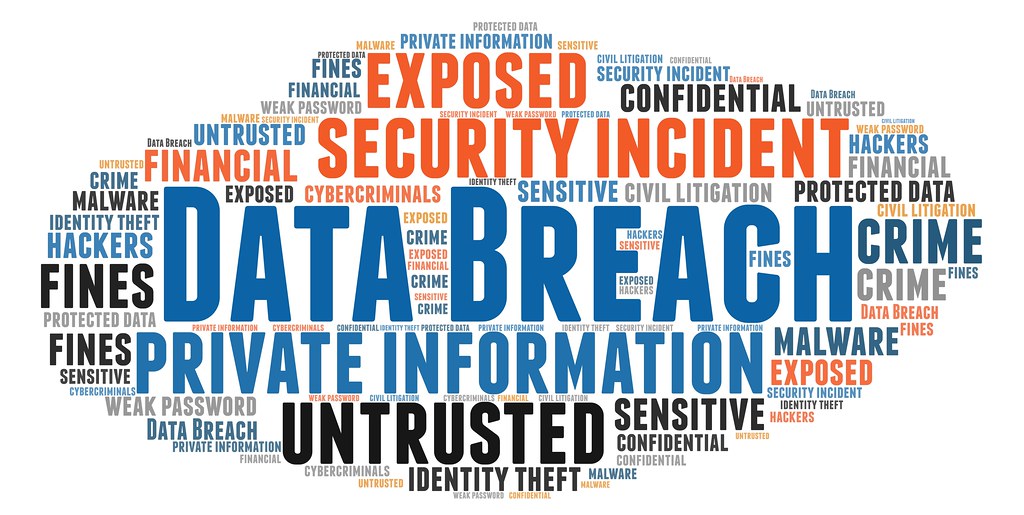
To shield your personal information from fraudulent social media activities, follow these guidelines:
- Avoid Clicking on Suspicious Links: Phishing emails frequently include links to fraudulent websites designed to steal your information. Exercise caution and avoid opening dubious links.
- Verify the Sender’s Identity: Verify the sender’s email address and domain name to make sure they match the address of a genuine company. Search for incorrect or dubious domain names.
- Be Wary of Requests for Personal Information: Phishing emails may request personal data such as login credentials, bank details, or Social Security numbers. Never disclose this information via email.
- Use Multi-Factor Authentication: Set up multi-factor authentication on your accounts to provide an extra degree of protection. This requires more than one type of verification, such as a password and a code texted to your phone.
- Backup Your Data: Take regular backups of your data to safeguard against data loss in the event of a phishing attack.
- Protect Your Computer and Mobile Device: Install and regularly update security software to guard against new security threats.
- Report Suspected Phishing Attacks: If you discover a strange email or text message, notify the relevant authorities or the firm that appears to be the sender.
- Educate yourself: Stay up-to-date on the latest phishing strategies and tactics so you can recognize them more quickly.
Following these recommendations will dramatically lower your chances of becoming a target of social media phishing scams.
